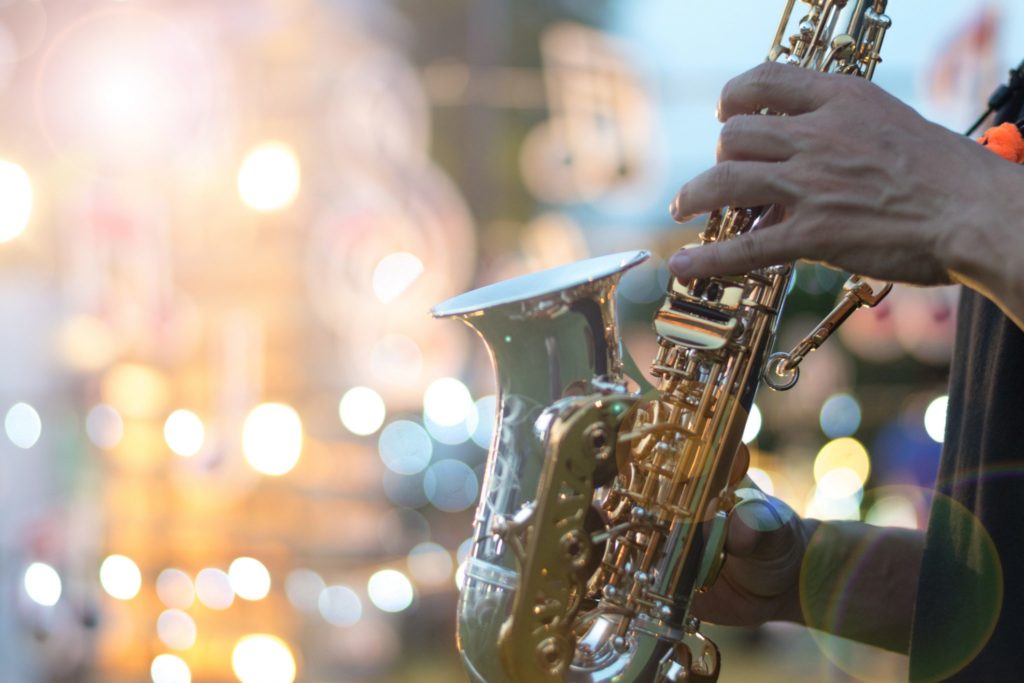Already a tough business with the pressure to perform and the struggle to make it big, the music industry can do a number on an amateur musician’s mental health, but the coronavirus pandemic didn’t help matters. With restaurants and event venues shutting their doors across the Music City, live music and concerts disappeared overnight. These changes took its toll on the mental health of musicians during the pandemic and many are only just starting to get their feet back underneath them.
Musicians & Mental Illness
While seemingly glamorous from the outside, the music industry can be a dog-eat-dog business. As a result, musicians and depression, anxiety, and a variety of other mental health conditions can go hand in hand. By some estimates, half of the musicians struggle with depression compared to less than a quarter of the general adult population. If that wasn’t bad enough, in the same survey almost 12% of musicians also reported having suicidal thoughts. This rate is four times higher than the general population.1 Other studies suggest that as much as 73% of independent musicians have struggled with anxiety or depression.1 The reason for the many mental health struggles in the music industry is not clearly defined, but some experts attribute it to unpredictable hours, pressure, and demanding performance schedules. Others suggest that musicians tend to be more in touch with their emotions in general. Regardless of the exact reason, the mental health of musicians was already problematic before the pandemic hit.
The Effects of the Pandemic on Musicians’ Mental Health in Nashville
Nashville, also known as the Music City, has one of the largest populations of people in the music industry with eight times the national average.2 When the pandemic hit, the city shut down most live music and many of the people in the music industry suddenly found themselves out of work. Not only did these people take a financial hit, but also there was a noticeable impact from the pandemic on musicians’ mental health. A survey on Music City musicians found that 70% believe that the COVID-19 pandemic negatively impacted their mental health. Similarly, 67.5% of songwriters, composers, lyricists, arrangers, conductors, and bandleaders surveyed believed the same.3 The negative impact of the pandemic on musicians’ mental health may have led to other issues as well. Suicide rates, addiction, and drugs overdoses increased across the country during the coronavirus pandemic. Exact numbers for those in the music industry are unknown, but this population likely followed similar trends. Those in need should seek mental health and addiction treatment immediately.
Mental Health Support for Musicians Post-Pandemic
Although restrictions may be lifted and live music may be back, the negative mental health effects of the pandemic on musicians and other professionals in the music industry will likely linger. It is important that the music industry and the city come together to help people get the mental health care in Nashville that they need to feel better and move forward. While changes will not happen overnight, the city has already taken some action to help with the mental health crisis in the community. Telehealth is being looked at as a more viable option to expand care. Another new initiative called Partners in Care involves having police officers and mental health professionals in Nashville work more closely together. The hope of this pilot project is to connect people in crisis more easily with care.5 Whether you’re a musician or not, if your mental health is suffering, ask for help. At Vertava Health Midtown Nashville, we want to help people live out their best futures. Reach out to us today to start your journey to a better tomorrow today.


